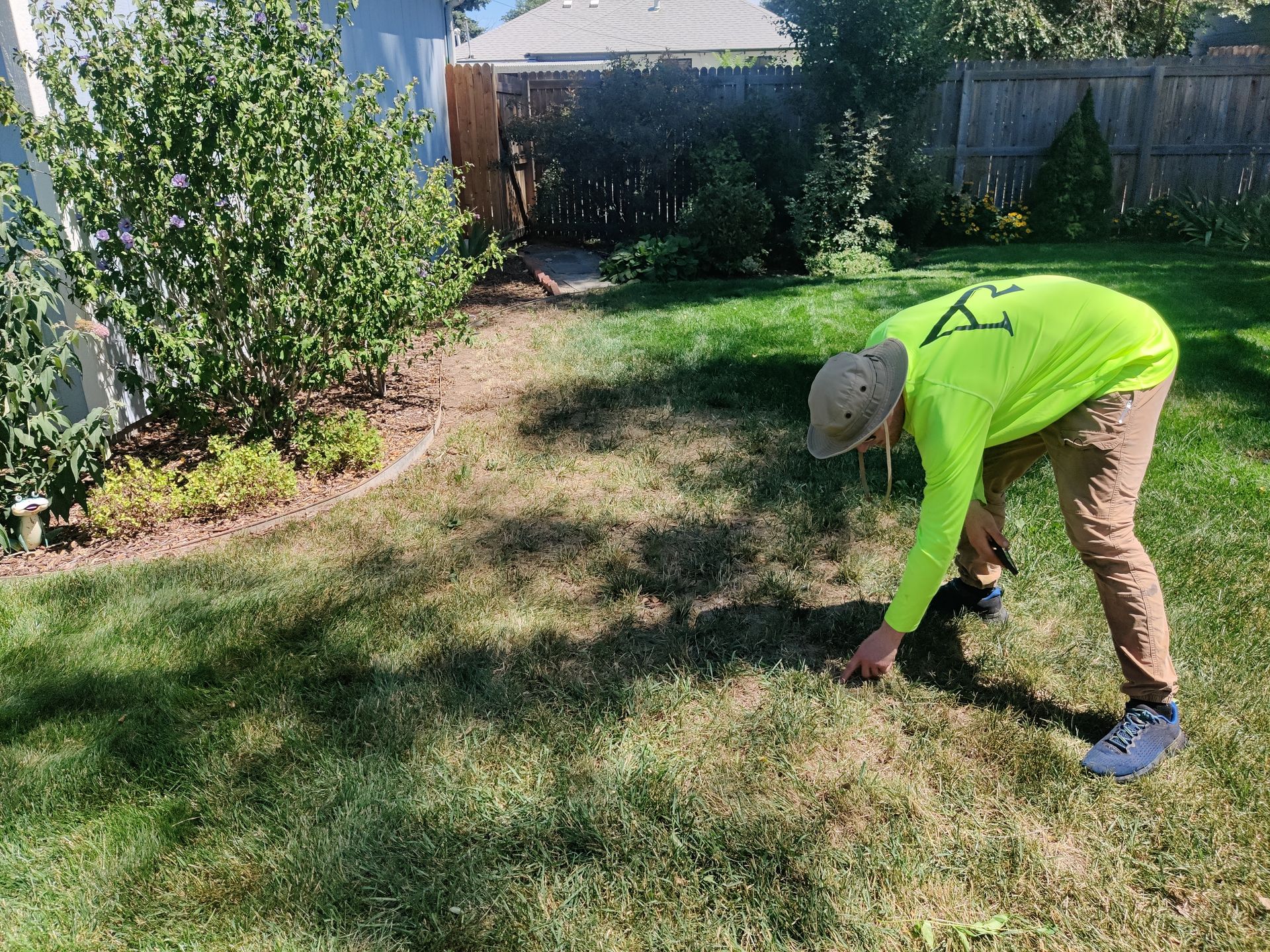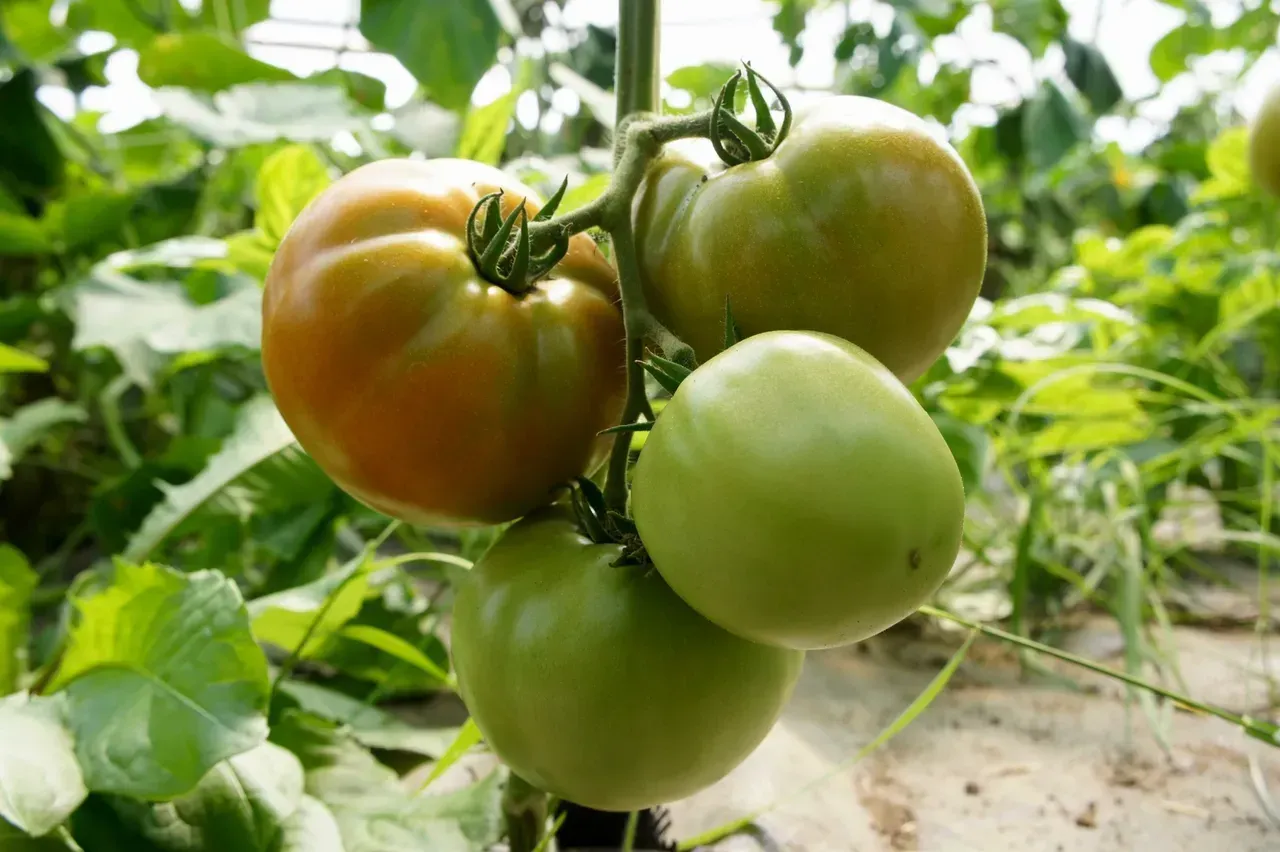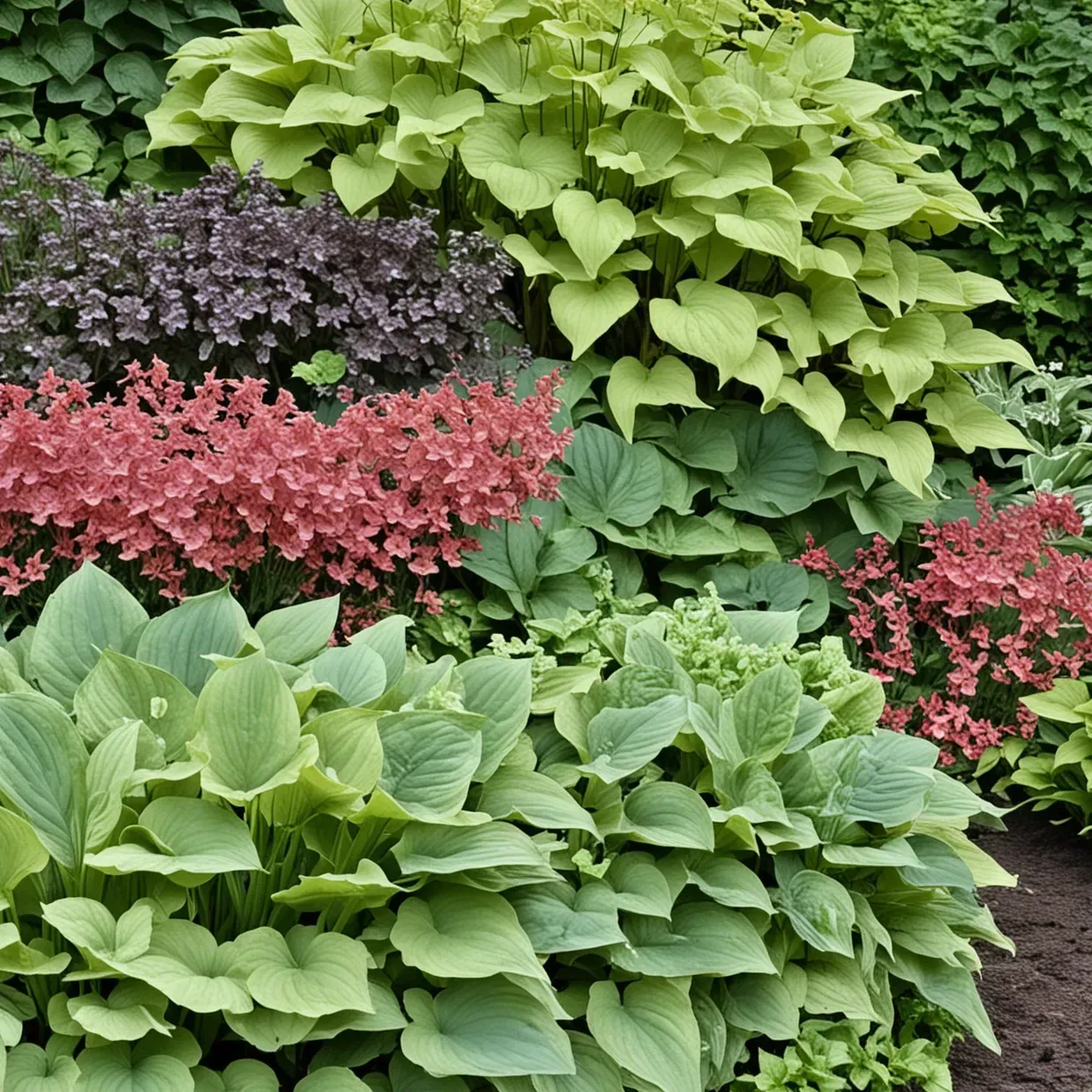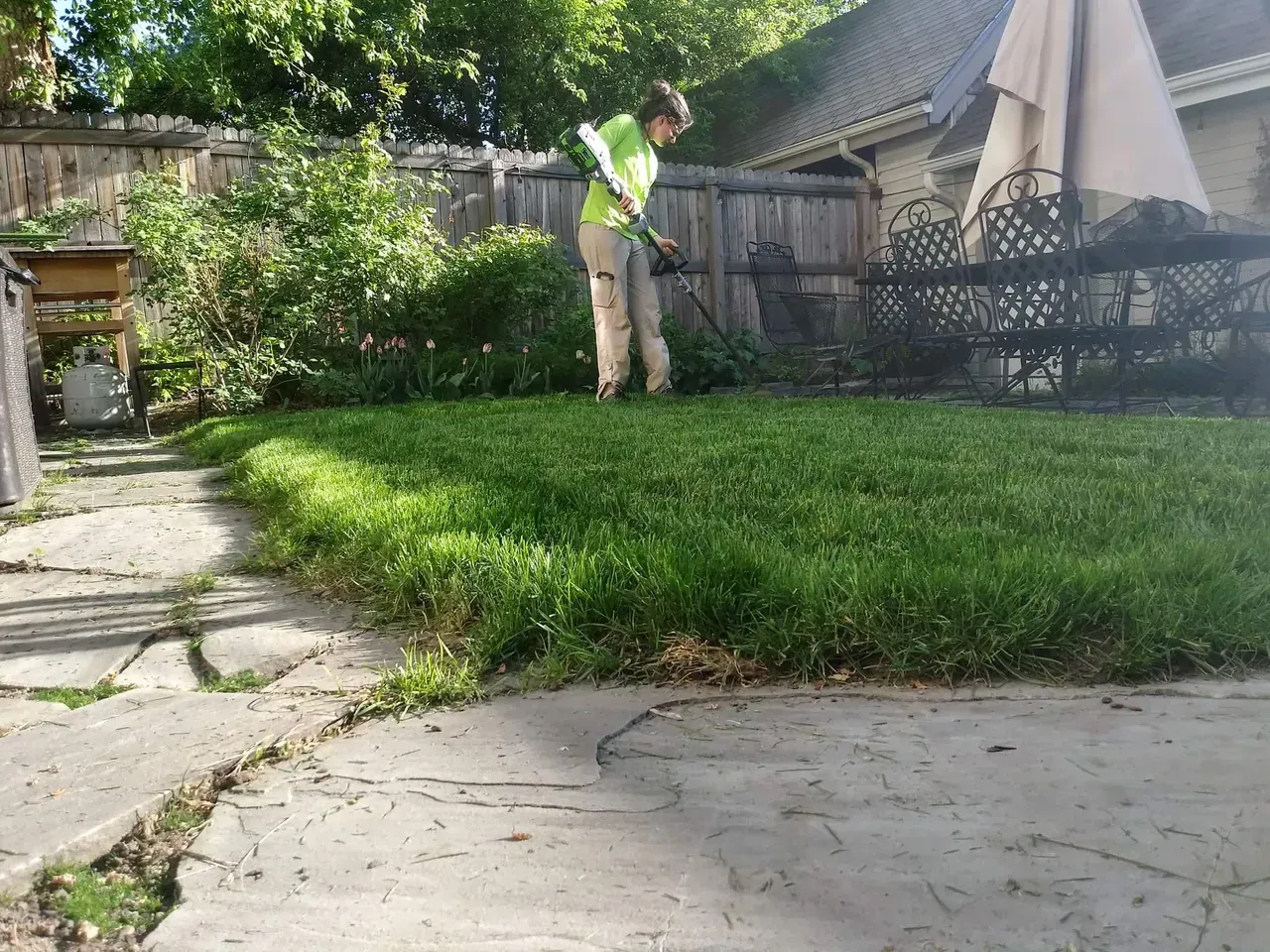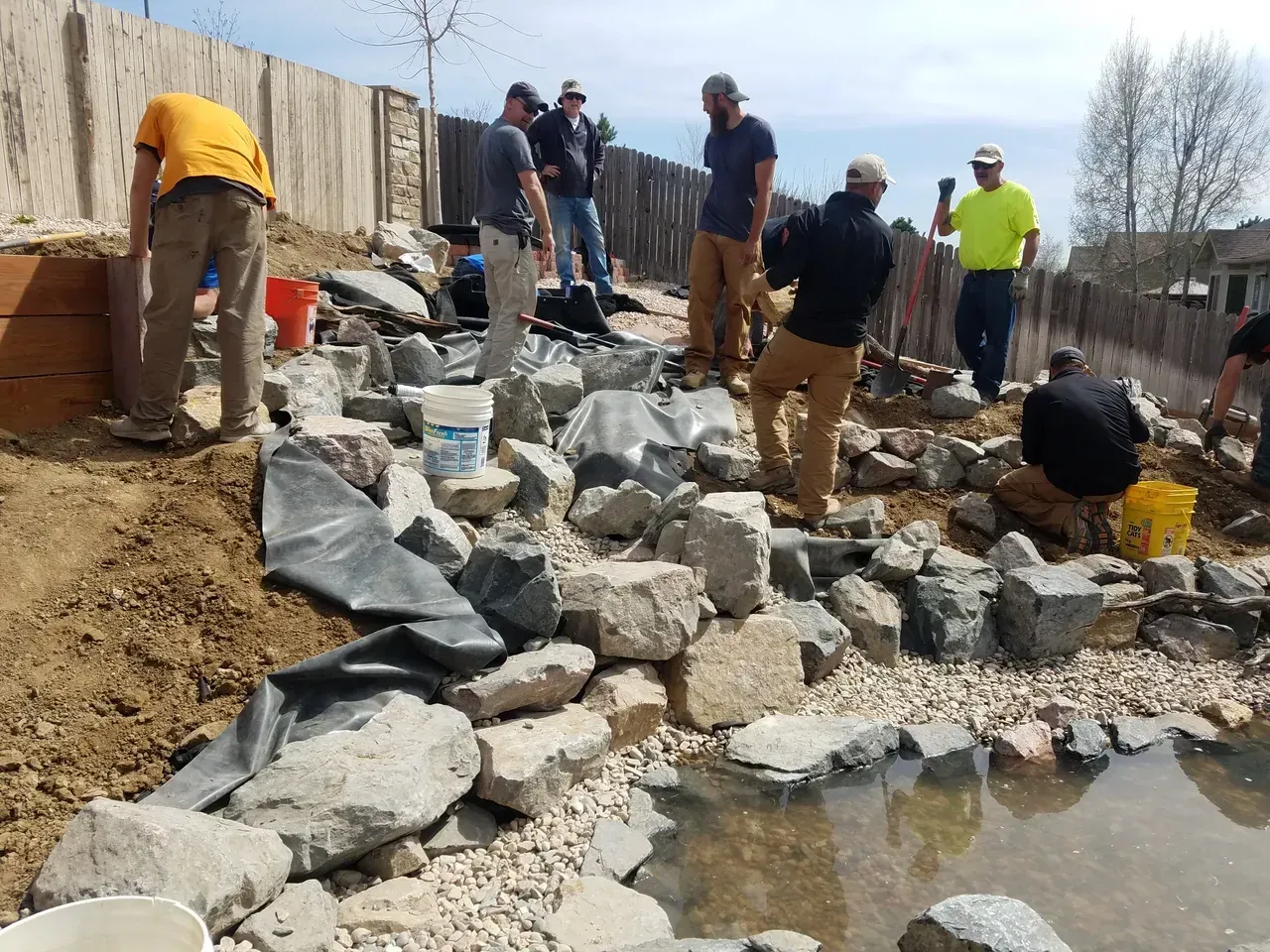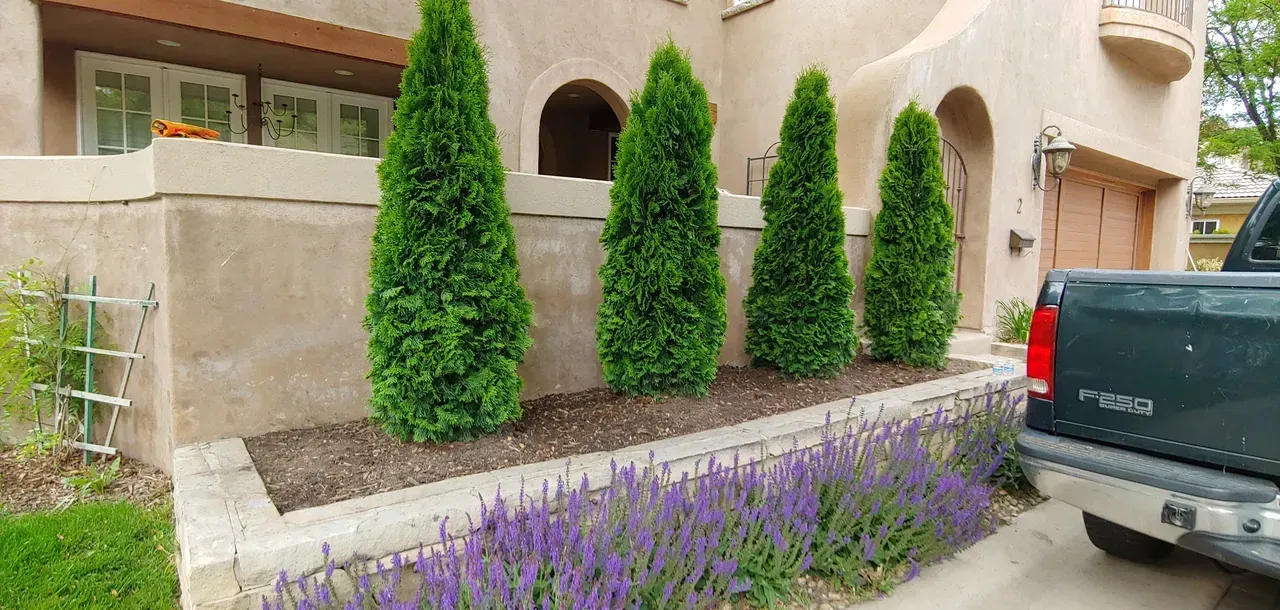Best Perennial Flowers in Denver
March 22, 2024
Choosing the right perennial plants can feel overwhelming, so we've written a guide to describe some of the more popular perennial plants in Denver. With proper care and attention, these plants will come back year after year, and continue to be a great addition to your garden.
- Penstemon (Penstemon spp.): Penstemons are native to the western United States and thrive in Denver's climate. They produce spikes of tubular flowers in various colors, including pink, purple, blue, and red, attracting pollinators like bees and hummingbirds. Penstemons are drought-tolerant once established and add vibrant color to garden beds and borders.
- Salvia (Salvia spp.): Salvias are versatile perennials that are well-suited to Denver's climate and soil conditions. They come in a wide range of sizes and colors, from compact varieties ideal for containers to tall, upright species perfect for the back of the border. Salvias attract pollinators, including bees and butterflies, and are drought-tolerant once established. To keep Salvia May Night blooming throughout summer, be sure to dead head them.
- Blanket Flower (Gaillardia spp.): Blanket flowers are native to the western United States and thrive in Denver's sunny, dry conditions. They produce showy, daisy-like flowers in warm hues of red, orange, and yellow, blooming from late spring to early fall. Blanket flowers are drought-tolerant, low-maintenance perennials that add a pop of color to garden beds and rock gardens. Left to their own devices, these flowers will spread almost 2 feet!
- Russian Sage (Perovskia atriplicifolia): Russian sage is a hardy perennial with aromatic silvery-gray foliage and spikes of lavender-blue flowers. It thrives in Denver's dry, sunny conditions and is drought-tolerant once established. Russian sage adds texture, color, and vertical interest to garden borders and is deer-resistant. Keep in mind, these plants get quite large especially in full sun.
- Catmint (Nepeta spp.): Catmint is a low-maintenance perennial with aromatic foliage and spikes of lavender-blue flowers. It thrives in full sun and well-drained soil, making it well-suited to Denver's climate. Catmint attracts pollinators like bees and butterflies and is deer-resistant and drought-tolerant once established. Best to plant in an area you wouldn't mind this plant spreading around, as it shoots out runners.
- Coneflower (Echinacea spp.): Coneflowers are native to the central and eastern United States and are well-adapted to Denver's climate. They produce large, daisy-like flowers in shades of pink, purple, orange, and white, attracting pollinators and adding color to garden beds and borders. Coneflowers are drought-tolerant, low-maintenance perennials that bloom from midsummer to fall. If grown organically, these plants make great herbal tea.
- Daylily (Hemerocallis spp.): Daylilies are hardy perennials that are easy to grow and come in a wide range of colors, shapes, and sizes. They thrive in Denver's sunny to partially shaded conditions and produce trumpet-shaped flowers from early to late summer. Daylilies are low-maintenance and drought-tolerant once established, making them ideal for beginner gardeners. Most varieties will spread a bit and get bigger and bigger each year.
- Lamb's Ear (Stachys byzantina): Lamb's ear is a low-growing perennial with soft, fuzzy silver-gray foliage. It thrives in sunny to partially shaded locations and is drought-tolerant once established. Lamb's ear adds texture and color to garden borders and is deer-resistant and low-maintenance. Be sure to allot some extra time in the garden so you can pet these ears - no feeding required.
These perennial plants are excellent choices for Denver gardens because they are well-adapted to the region's climate, soil conditions, and water availability. They provide long-lasting beauty, attract pollinators, and require minimal maintenance once established, making them ideal for busy gardeners looking to create a vibrant and sustainable landscape. Don't forget to check out our Facebook page, full of quick info and advice!
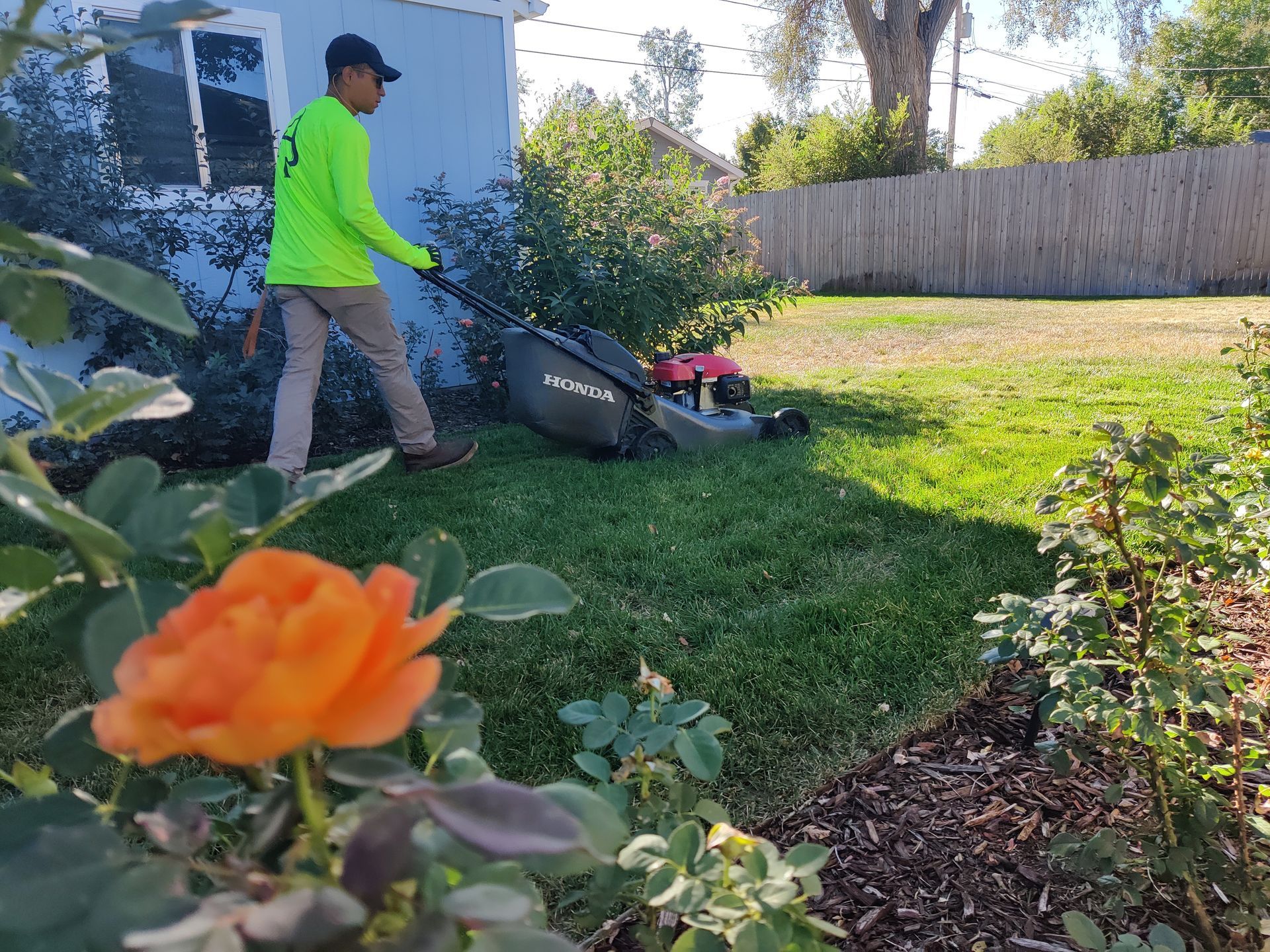
By AOS Team
•
October 31, 2024
Details: The top one inch of soil should get fairly dry before waterings and you should water enough so that it can sink deep into the soil but not runoff onto hardscapes. Deeper dive (more detailed): Watering usually 2-3 days a week produce the nicest lawns in Denver but it depends mostly on sun exposure whether too water less than that. A great practice is to set your watering times to go off twice a day on days you water. This will allow the water to soak into the ground better with less runoff. If you have good, even coverage from your irrigation system, standard fan sprayers usually run between 7-12 minutes for a once a day watering or 2 times at 3-5 minutes each time. If you have upgraded Roto nozzles (not rotary heads, different beast) you can run them continuously for roughly 18-30 min. Once you see run off, you should stop watering.


